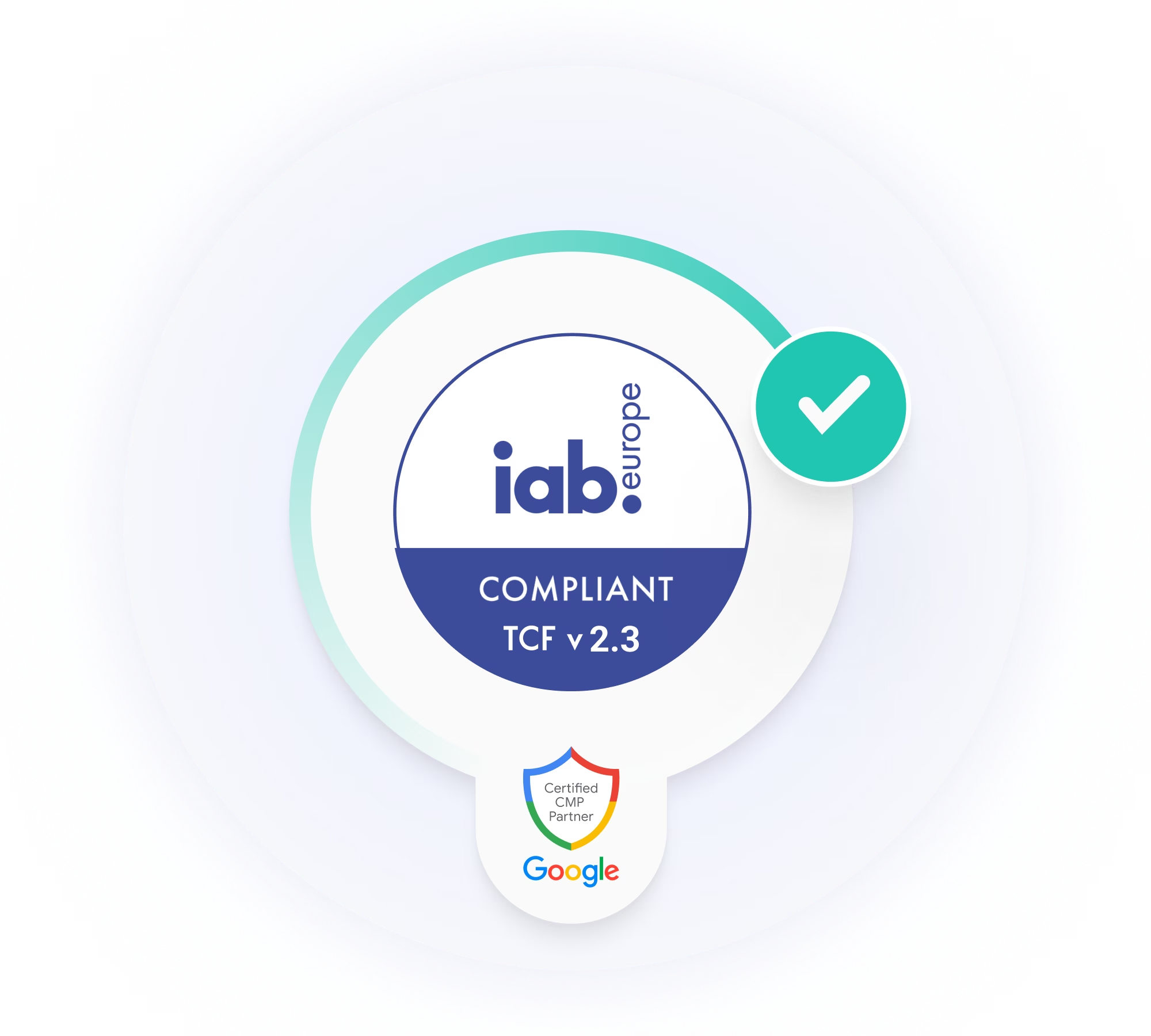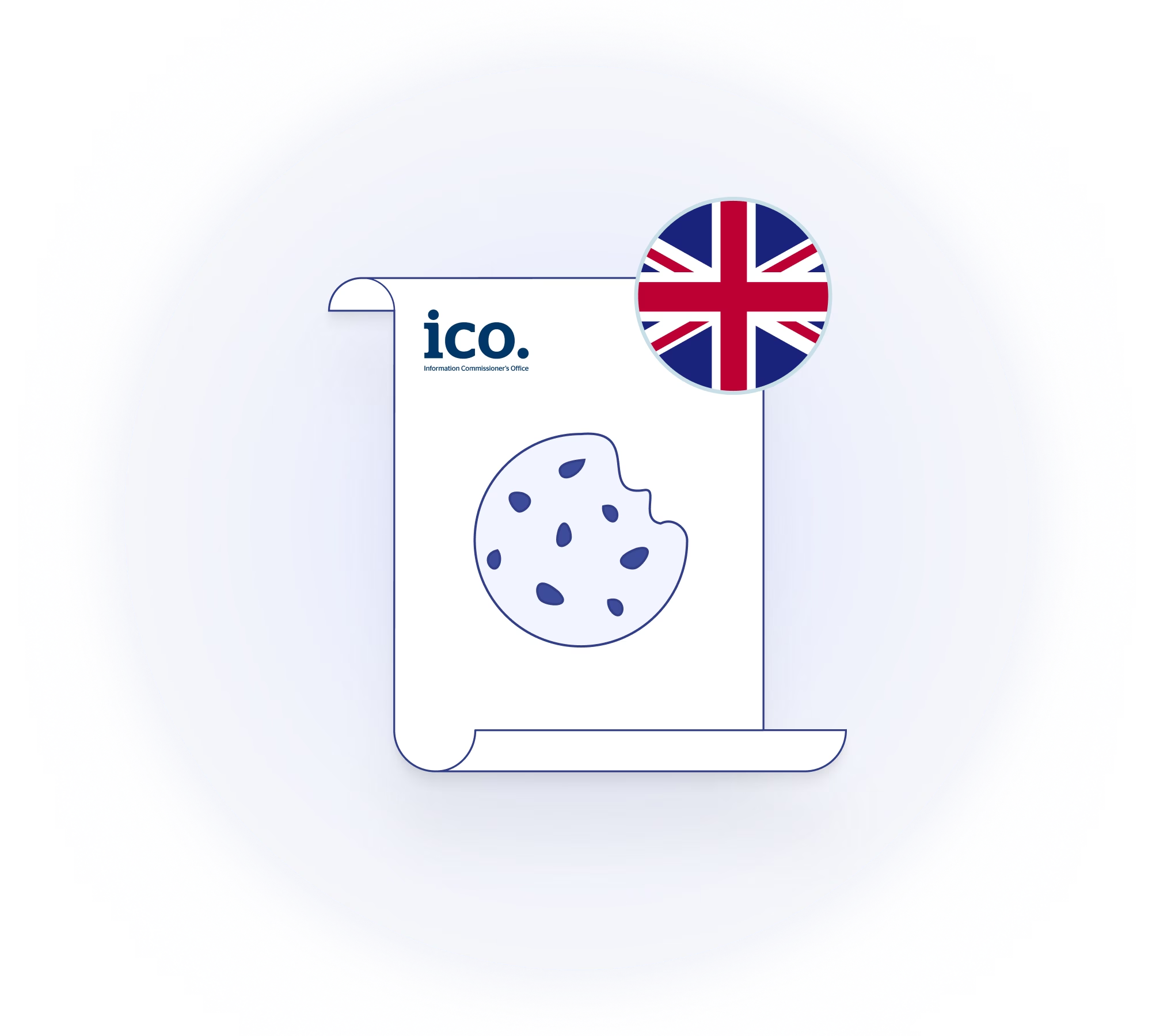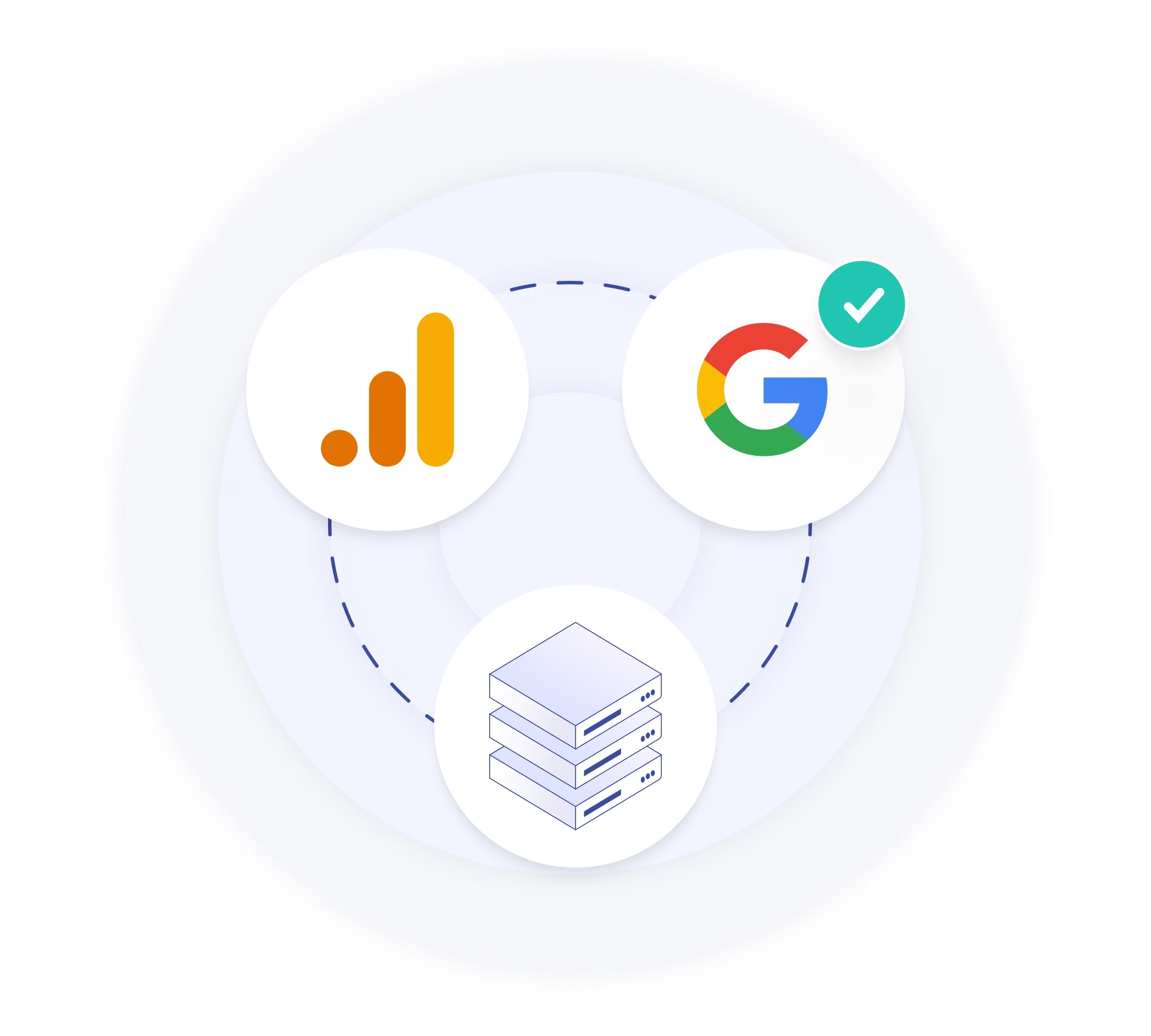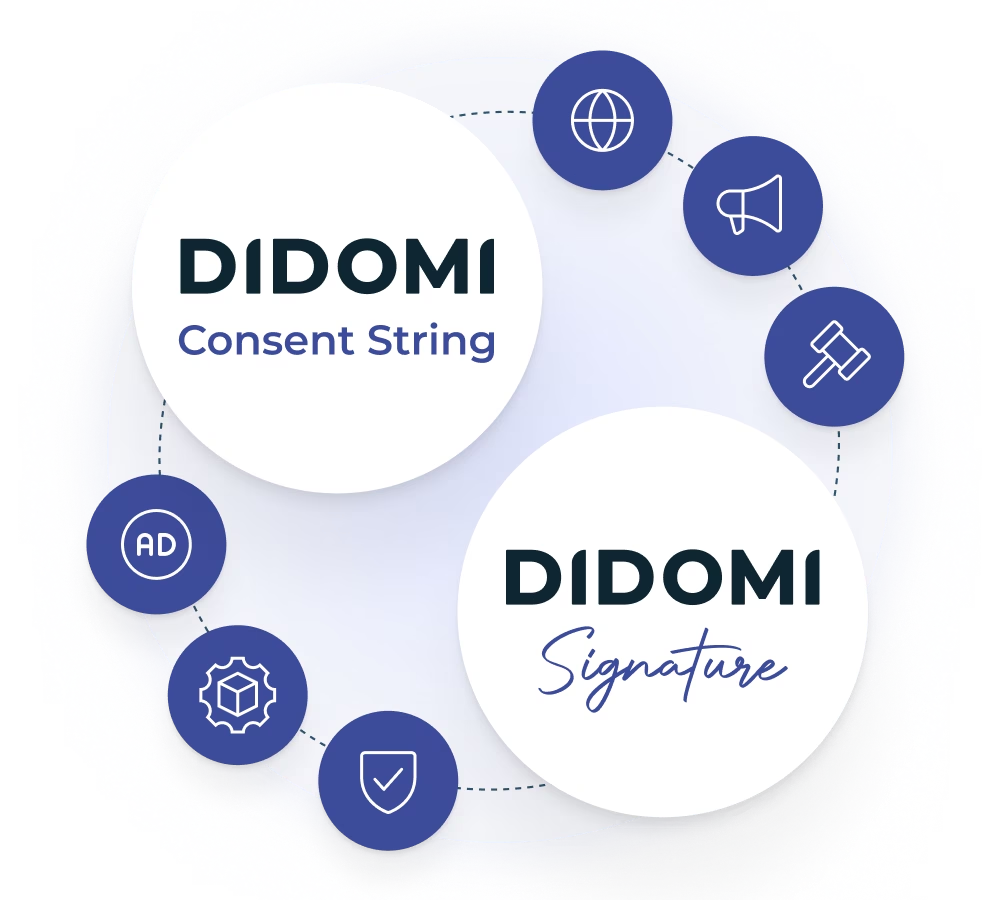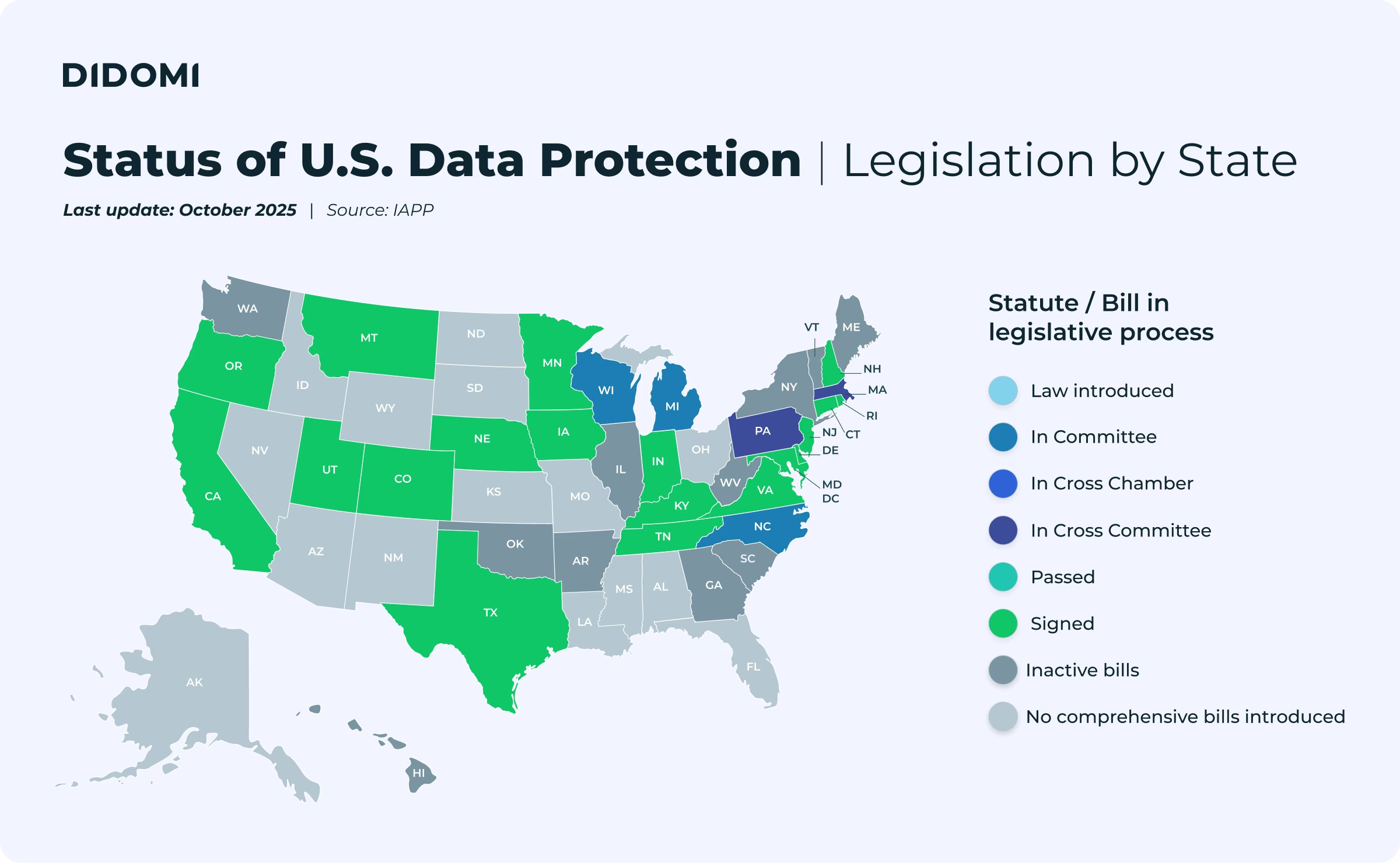The current debate around “Stop Covid”, the Covid 19 tracking application, is putting the benefits and dangers of geolocation applications back on the table and rekindling fears of surveillance abuse. It is true that mobile location is a two-sided issue. On the one hand, it can bring a lot of value to apps and users. But on the other hand, there is still too much abuse of location data collection.
We need to think carefully about how we collect user consent to the use of their personal data and comply with regulations in order to respect their choices and regain their trust. So, what are the right ways to collect consent in an application for location data? Didomi and Herow will tell you.
Mobile geolocation: good practice
Mobile geolocation has gained a lot of momentum in recent years, and is mainly used for drive-to-store, operations and deliveries, situational experiences, increasing advertising revenues and, finally, analytics and segmentation. The majority of users are satisfied with its benefits and do not question it, provided they are clearly informed about its value and what is done with their data. In fact, 73% of French people say they are more inclined to accept location requests on an app if it clearly explains why it is being requested and what the added value is for them.
So, the question is not whether to ask for location, but how. A number of good practices are essential to put in place. First of all, know how to dissociate the geolocation needs necessary for the operation of the application from those used for advertising purposes. Define a data retention period and inform your users. Collect the minimum amount of information needed. And finally, ask yourself about the justification for collecting data.
Herow's geolocation SDKs help mobile applications collect as little information as possible for the use case in question, in the clearest and most transparent way possible, for the benefit of users and businesses alike. Local processing, anonymisation or aggregation techniques can easily be implemented to achieve this.
Knowing how to collect consent
Data, whether personal or even sensitive, may be collected for entirely legitimate reasons for the proper functioning of an application. Simply put, the collection of user consent must comply with the recommendations of the CNIL and be in place before July 2020.
Companies therefore don’t have long left to comply with the following rules: the request for consent must be free (the user is neither forced nor coerced), specific (for a given purpose), informed (for whom and what consent is given), unambiguous (the request must be clear, transparent, and unambiguous), and from now on, you must also be able to provide proof of user consent.
We also advise you to give your users access to the list of your business partners so that they know with whom their data is shared. You can use the Transparency and Consent Framework, the market standard established by the IAB, a common consensus for the entire ad tech ecosystem. Geolocation data, along with cookies and tracers and health data, are among the top priorities in the CNIL's control policy. Thus, it is imperative that each company makes its own arrangements. For this, a CMP like Didomi is the solution.
{{discover-our-cmp}}
Consent: a key performance indicator for companies
Of course, these rules have an impact on your business. You may be concerned that your consent rates and revenues will drop. But on the contrary, companies that are well supported by a CMP will actually gain very quickly. Being transparent with your users and respecting their choices is not just a question of compliance with the law, it is a societal issue. By giving them back their personal data, you enter into a relationship of trust with them and consolidate their loyalty to you.
Want to find out more about this? Check out our whitepaper "From Privacy to Preference: How Data Regulation is Changing Marketing for Better".
Didomi accompanies you on every step of the user experience, with high-performance and innovative tools to optimise the way you collect data. Specialists in data collection and management, our SDKs are deployed on more than 30,000 sites and applications to offer our clients a complete solution for collecting user consent on their websites, mobile and offline applications, storing and analysing consents, and retrieving and disseminating this information to partners and users.

Ask yourself: how much value do you place on respecting the rights of your users? Consent should be a key KPI for companies. It is a reflection of the trust a user can give in a brand. And the machine is already up and running.
Today's users are increasingly aware of what is done with their personal data, and they know the difference between quality mobile location-based applications, with which they agree to share their personal data, and others, in which they no longer trust.
Conclusion
We are witnessing the end of opacity and excessive monetisation. Laws are getting tougher, and users are waking up. From now on, your brand's trust capital will depend on the way you collect consent: the revolution of regaining users' rights is already underway! Didomi helps you to get the most value from your users' consent to be among the winners of tomorrow's world.
{{request-a-demo}}
Find the full webinar (in French) co-organised with our partner Herow below:

.svg)











.png)
